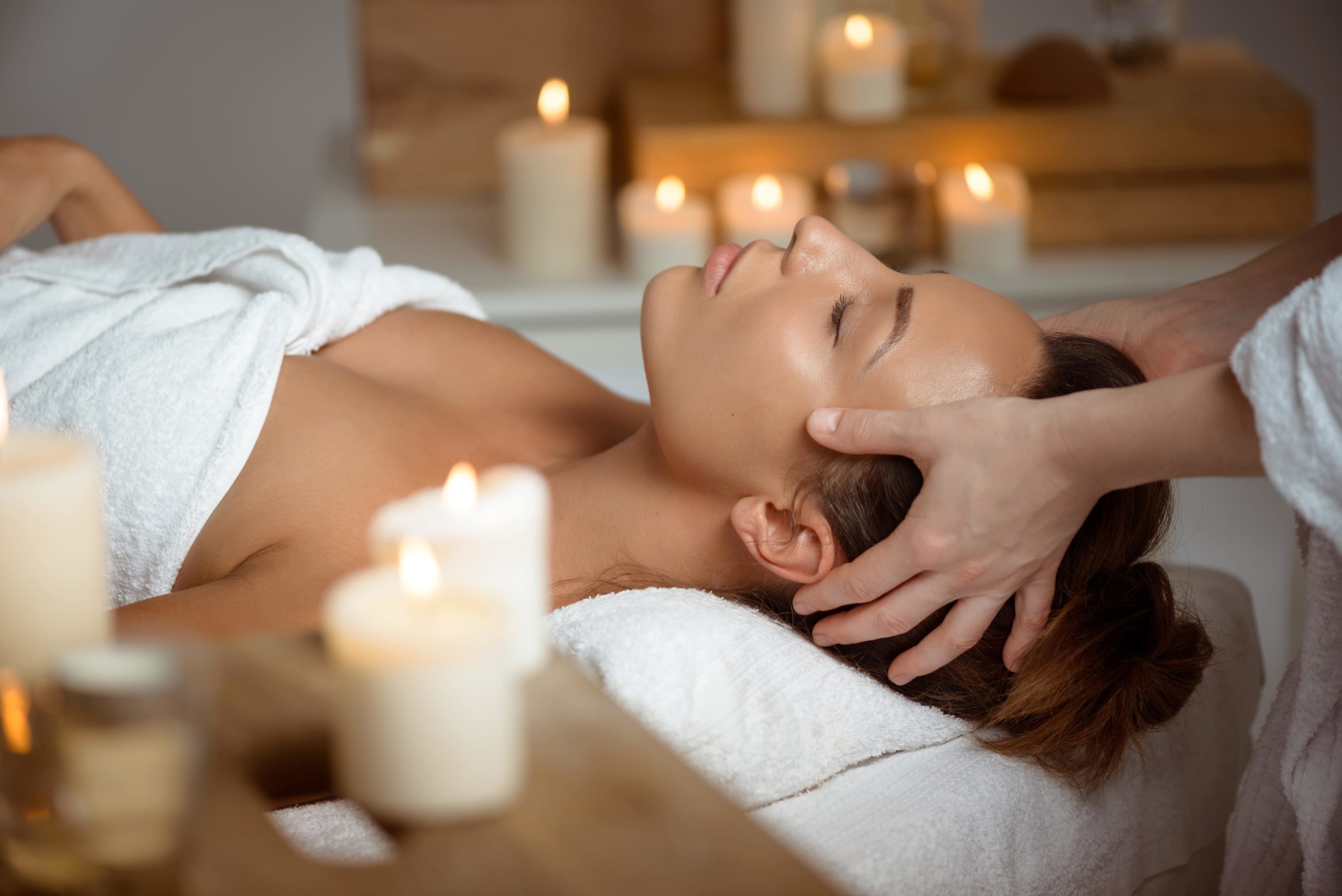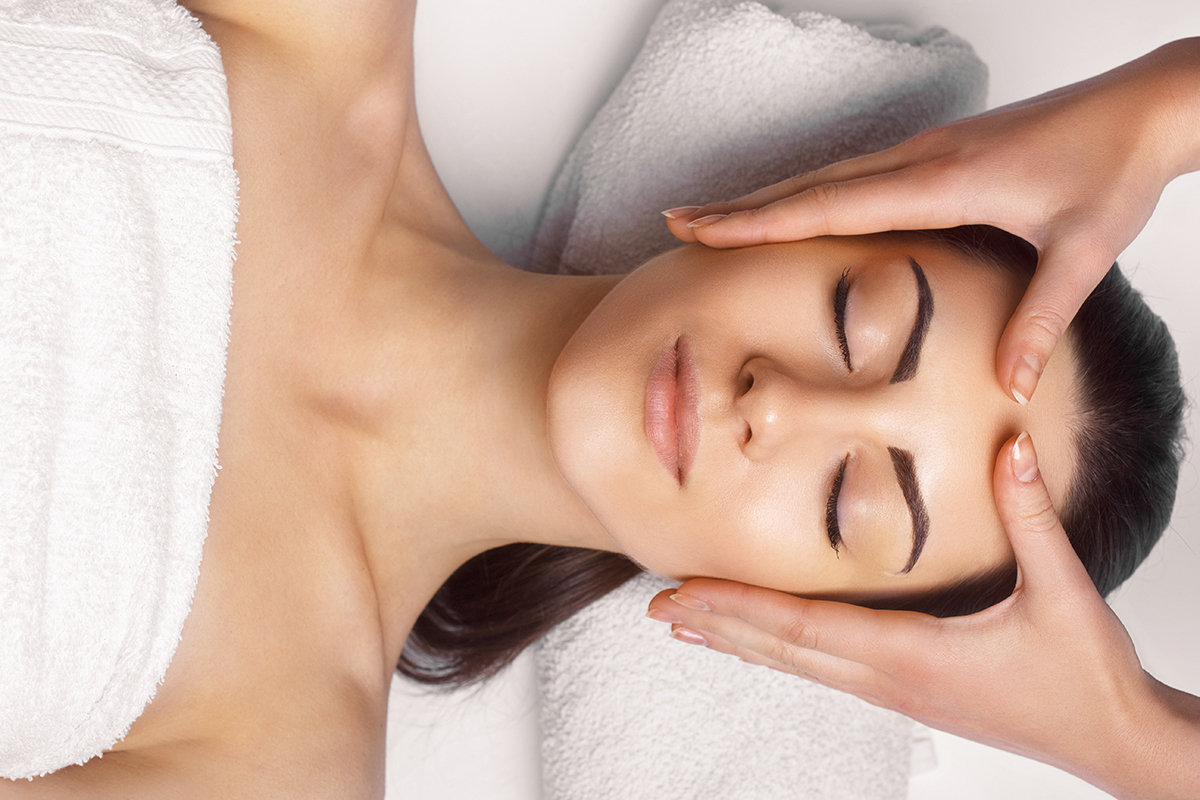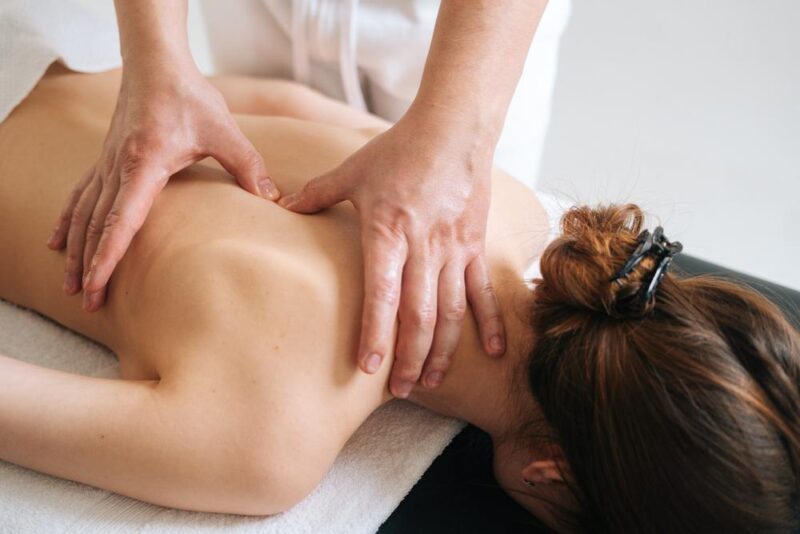In an increasingly fast-paced world, where stress often reigns supreme, the quest for mental well-being has become more vital than ever. Amidst the myriad of therapeutic options available, massage therapy stands out as a holistic approach that not only offers physical relaxation but also profoundly influences mental health.
Imagine sinking into a tranquil space, where the gentle pressure of skilled hands melts away tension, leaving a serene calm in its wake. This ancient practice, rooted in cultures around the globe, harnesses the power of touch to alleviate anxiety, enhance mood, and foster emotional balance.
As we delve into the intricate connection between massage and mental health, well explore how this soothing art can serve as a powerful tool for those navigating the complexities of modern life, ultimately paving the way for a healthier, more harmonious existence.
Introduction to Massage Therapy

Massage therapy has emerged as a vital component in the multifaceted landscape of mental health management. Rooted in ancient traditions, this hands-on practice goes beyond mere relaxation; it delves into a realm where the body and mind intersect.
The gently flowing techniques of massage—ranging from soothing strokes to deeper pressure—can release pent-up tension and foster a profound sense of well-being. As stress and anxiety become pervasive in our fast-paced world, the therapeutic benefits of massage offer a sanctuary, a momentary escape from the chaos of daily life.
Moreover, scientific research increasingly supports its role in alleviating symptoms of depression and anxiety, making it a compelling adjunct to traditional mental health therapies. In this exploration, we will examine how massage therapy not only eases physical discomfort but also nurtures emotional resilience, enhancing our overall mental health.
The Connection Between Massage and Mental Health

The intricate relationship between massage and mental health reveals a powerful synergy that transcends mere relaxation. Beyond the soothing strokes and gentle pressure, massage serves as a bridge to emotional release, unlocking the bodys hidden tensions tied to stress and anxiety. Research consistently points to the therapeutic effects of massage, indicating decreased levels of cortisol—the so-called stress hormone—while simultaneously boosting the production of serotonin and dopamine, the feel-good neurotransmitters.
This biochemical interplay creates a holistic approach to mental wellness, where each session acts not only as a physical treatment but as a vital checkpoint for emotional rejuvenation. Engaging in this practice, individuals often find themselves swept into a realm of tranquility, reconnecting with their inner selves and fostering a sense of peace that can echo long after the massage ends.
In a world rife with demands and pressures, such a respite offers not just relief, but an essential toolkit for enhancing overall mental health.
Benefits of Massage for Mental Health

Massage therapy offers a myriad of benefits for mental health, serving as a potent antidote to the stresses of modern life. Through the gentle manipulation of muscles, the body releases a cascade of endorphins and serotonin, often referred to as the eel-good hormones, which can lift mood and alleviate symptoms of anxiety and depression.
Imagine lying on a soft table, the soothing touch calming your racing thoughts as you sink into a state of relaxation. This practice not only provides a momentary escape from mental turmoil but also fosters a deeper connection between the mind and body, promoting mindfulness and a sense of present awareness.
Additionally, regular massage sessions can enhance sleep quality, boost self-esteem, and cultivate an overall sense of well-being — benefits that ripple outward, affecting every aspect of daily life. The interplay of physical touch and mental release creates a powerful oasis of calm in an often chaotic world, making massage an invaluable tool in managing mental health.
Conclusion
In conclusion, the integration of massage therapy into mental health management underscores its significant potential for enhancing emotional well-being and reducing stress. By promoting relaxation, decreasing anxiety, and fostering a deeper connection between the mind and body, massage serves as a valuable complement to traditional therapeutic approaches.
Innovative practices such as 목포마사지 have emerged, showcasing the diverse modalities available to those seeking relief from mental health challenges. As more individuals recognize the therapeutic benefits of massage, it becomes increasingly clear that nurturing ones mental health is a holistic journey, one that can be greatly enriched through the soothing touch of skilled practitioners.


